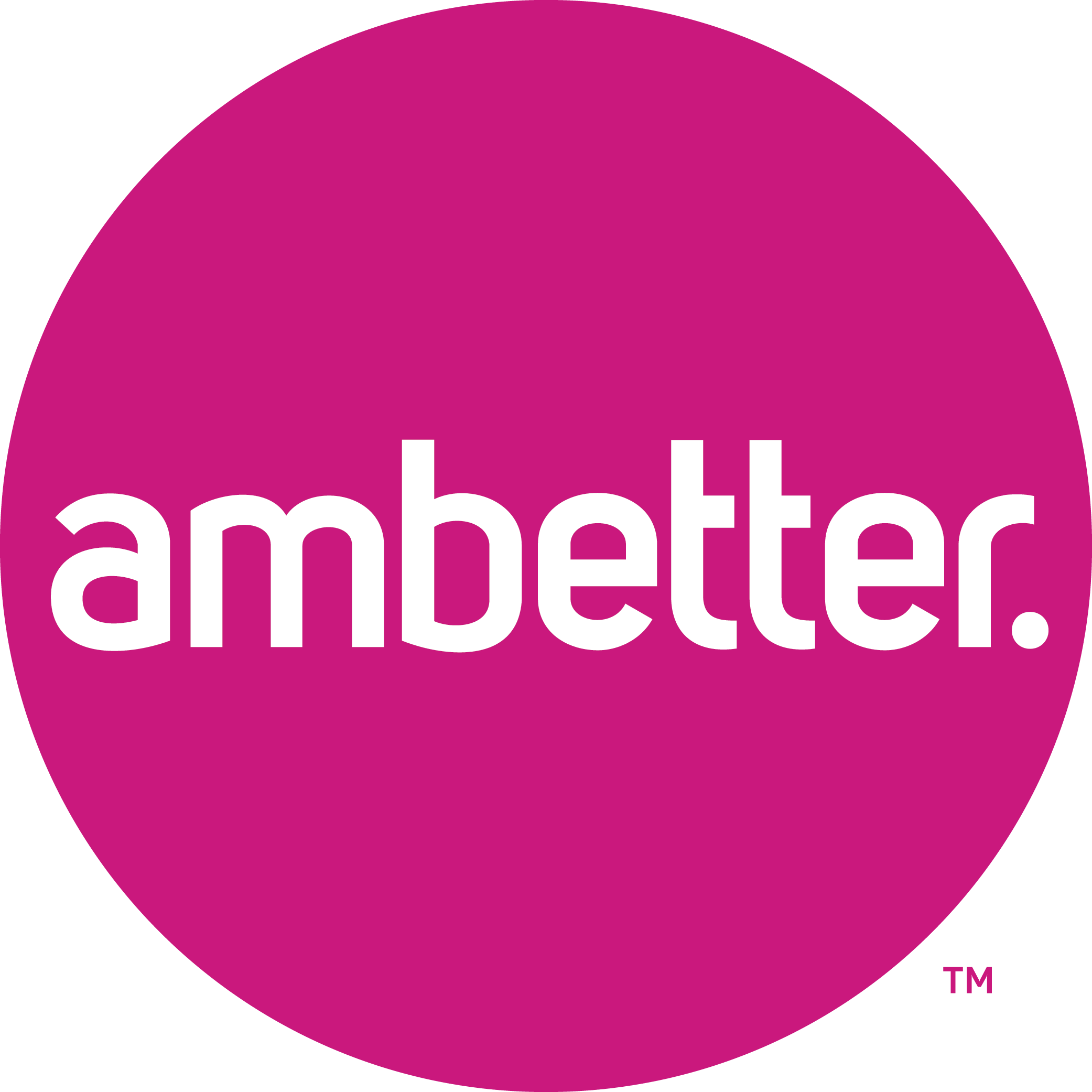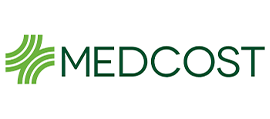Stabilization Programs at Banyan Treatment Center
Addiction recovery is an ongoing process that requires effort and can be trying at times. Alcohol and drug cravings can still appear years after getting sober, so it is not uncommon for people to relapse. Although relapse is a part of the recovery journey for many, it doesn’t have to mean the end of their sobriety.
At our drug rehab in Langhorne, we offer a stabilization program that is meant to provide support and treatment after a relapse occurs, so that the person can get back on the right path to long-lasting sobriety.

The Importance of Recovery for Relapse
Relapse can be discouraging to an individual who is actively trying to live in recovery, but the important thing to remember is that everyone makes mistakes. Instead of letting one mistake lead you or your loved one down the slippery slope that is addiction, getting help could prevent this from happening.
By getting treatment, such as a stabilization program for addiction, people can not only correct those mistakes made during their road to recovery, but also learn from them for the future. One set back can be defeating, but if you are able to learn from this setback, it can set you up for success later on when you come into contact with a similar situation that was a large contributing factor to your relapse. Neglecting to take action or getting complacent is the fastest way back to rock bottom.
Our Philly Relapse Recovery Program
Just because a mistake is made, and relapse occurs does not mean that you have failed at your recovery. Relapse doesn’t have to lead to addiction. With our addiction relapse recovery program, we help patients get their lives and sobriety back on track.
A detox may not be necessary after relapse, but a change of some sort is. It’s important to avoid places or situations that may heighten your cravings. A stabilization program surrounds patients with positive and supportive influences during this time of vulnerability when the risk of more drug or alcohol abuse is high. Simply separating yourself from your everyday routine and its drug triggers in favor of a more controlled environment can keep you from using again. This extra layer of support can also fill a gap that may have been in your regular life.
While a partial hospitalization program focuses on several aspects of addiction, the stabilization rehab program focuses mostly on relapse prevention. Patients will learn to use the tools necessary to handle future challenges and situations that may put them at risk, especially when it relates to what made them relapse in the first place. Patients may learn added skills for coping with addiction cravings and triggers while also strengthening the tools that they already know. The root issues of their relapse will also be addressed in order to find clarity on the causes of this mistake and to better understand how to avoid it in the future.
Along with helping patients who have completed treatment but relapsed, a stabilization program can be helpful for patients in a less intense type of addiction treatment program who have relapsed but do not require detox. The patients' stay is typically 14 days in a partial hospitalization care setting that is tailored for relapse prevention. After successful completion, the individual will return to their previous level of care.
If you are on the path towards recovery and have experienced a recent relapse, there is still hope for you to get back on track. Relapse is not failure; you should never feel like you can’t regain control over this setback. For more information on our stabilization program, contact us today. At Banyan Philadelphia, we want to see all of our patients succeed.
Other Treatment Options
Most Insurance Plans Accepted
Addiction treatment doesn’t need to be out of reach. At our drug rehab in Delaware, our goal is to assist as many people as we can. We accept a variety of insurance plans to help people get the addiction treatment they need. If you do not have health insurance, there are other ways to pay for treatment. Call us today to see if your insurance will cover your treatment program and to talk about alternatives if necessary.















